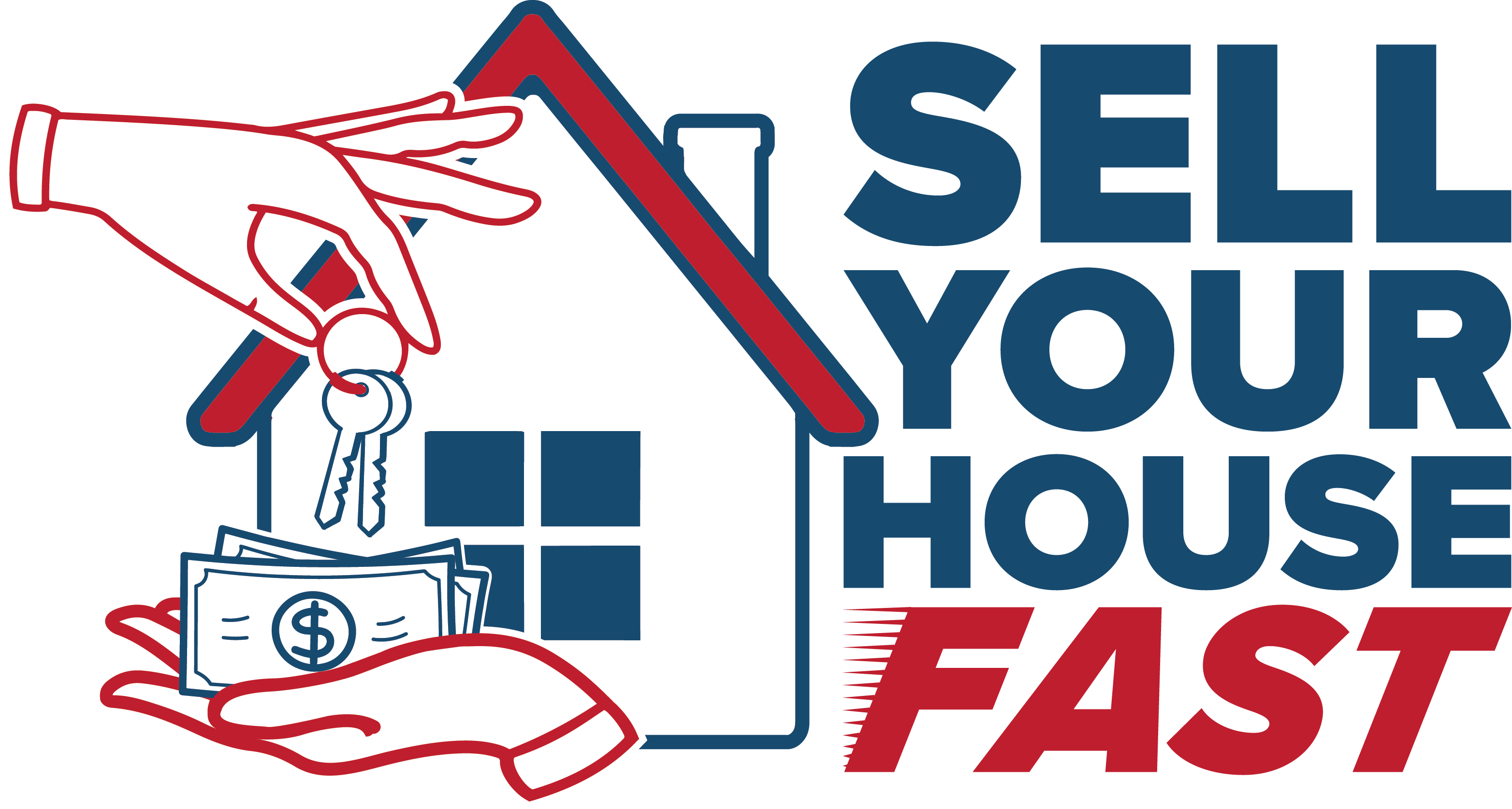The Multiple Listing Service (MLS) is a network of local databases that stores and shares information about properties for sale across the United States. It’s one of the most valuable tools in the real estate industry today – ensuring a more robust and transparent environment for those buying or selling a home.
There are millions of homes listed in the MLS at any given moment, but that doesn’t mean every house for sale is included. According to the National Association of Realtors (NAR), only 89% of sellers list their property on the MLS – meaning a mere 11% of all homes for sale are nowhere to be found in the MLS.
Properties not listed in the MLS are often referred to as ‘off-market’ properties, but that terminology can be a little deceiving because it doesn’t necessarily mean the house isn’t for sale. At the same time, you might find homes listed in the MLS, but designated as an off-market property – which can get confusing.
Off-Market vs. Pending vs. Contingent
Buyers are going to come across a wide range of new terminology and lingo when searching for homes in the MLS (or through a home-browsing site that’s powered by the MLS). Understanding what these terms mean and how they affect the sale can help anyone better understand how the real estate industry works.
Three terms every buyer should understand are off-market, pending, and contingent. Here’s what they mean:
- Off-Market – records indicate that the home is not currently for sale
- Contingent – an offer has been received, but won’t be accepted until contingencies are met
- Pending – an offer has been accepted, and contingencies have been met (not an active listing)
In this case, an off-market property is one that’s not for sale – meaning the sellers aren’t accepting offers for the home. While this can be discouraging when you think you’ve found the right home, it’s not the end of the road – you can still reach out to the homeowners and inquire about it, but don’t get your hopes up.

Understanding the Secondary Market for Off-Market Homes
The term ‘off-market’ has two meanings – we explained one of those meanings above, but real estate agents use the term a little differently. What most buyers and sellers don’t understand is that there are two primary markets when buying or selling a home – those listed in the MLS and those not listed in the MLS.
While the MLS defines ‘off-market’ as a home that’s listed in the MLS but not for sale, local real estate agents define an ‘off-market home’ as one that’s for sale but not listed in the MLS. Often referred to as a quiet or pocket listing, these homes are usually sold by word of mouth or through a private network/database.
Off-market sales happen every single day in the United States – in fact, more than 10% of all home sales are done off the market. That’s why buyers and sellers would be remiss not to consider an off-market sale as an option – buyers could miss out on the house of their dreams, while sellers could miss out on the offer of a lifetime.

Pros and Cons of Buying an Off-Market Home
Off-market listings might sound sketchy, but that’s not the case – in fact, the process isn’t much different and you can still go through a real estate agent to ensure the deal is done right. Of course, it does come with its fair share of pros and cons – meaning it might not be the best option for everyone.
Let’s take a look at some of the pros of buying an off-market property:
- Sellers aren’t usually in a rush to sell, so you have more time to look at off-market properties
- Better chance of closing a deal due to less demand and/or competition
- Sellers are usually more open to negotiations with minimal conditions and contingencies
- Off-market listings don’t grow stale over time, so real estate investors won’t judge you
And here are some of the cons of buying an off-market house:
- It might take time and will require more patience than a traditional sale
- The off-market listing might be distressed or require a lot of repair
- Limited options — might be hard to find off-market properties
If you’re thinking of buying an off-market home but don’t know where to start, contact a local real estate agent with a history of closing off-market deals. They’ll often know of sellers in the area looking for a buyer or can help connect you with someone who knows more about the area you’re interested in.

Pros and Cons of Selling an Off-Market Home
Before a homeowner lists their property for sale, they must first decide how they want to sell it – through the MLS or off the market. While there are certainly benefits to selling an off-market home, that doesn’t mean it’s the best option for everyone. Don’t worry, we’re going to break down the pros and cons below.
Let’s first take a look at some of the pros of selling an off-market property:
- You get to test the market and buyer interest of a home before listing in the MLS
- You can sell the home in a private manner without the public knowing
- You won’t need to give as many tours or showings, which is good for a rental property
- Some buyers are willing to pay a premium to avoid competition
Now, let’s take a look at some of the cons of selling an off-market house:
- Limiting your exposure to potential buyers
- Less potential for bidding wars
- Won’t get a full or true test of what the market is like
There are multiple ways to sell your home off the market, but the two most popular ways are through a real estate agent or through a cash buyer. Real estate agents have access to private networks and can help you find an interested buyer in no time, while cash buyers are often ready to buy your home as-is.
Do you have an off-market home you’re trying to sell? Are you having a hard time getting offers? Is your home distressed or in a bad condition? If you answered ‘yes’ to any of those questions, contact me today at Sell Your House Fast LV. I’ll send you a reasonable, fast, and no-obligation cash offer at fair market value in no time!



